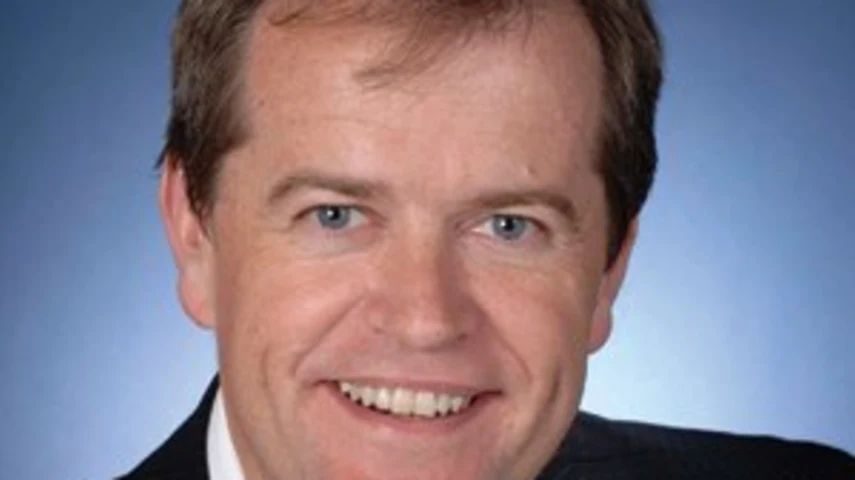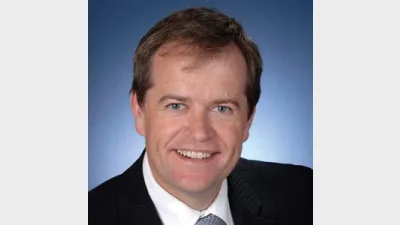No provision made for communicating on defaults



Employers who find their default superannuation fund arrangements altered as a result of the Fair Work Commission’s (FWC’s) current review, may have difficulty dealing with their situation because the Government has made no specific funding provisions for communicating the outcomes.
The Department of Employment has confirmed that no specific plan is in place to communicate with affected employers, but states that it is monitoring the situation.
The regime was put in place by former Employment and Workplace Relations Minister and now Opposition leader, Bill Shorten.
In answers to questions on notice by National Party Senator, Bridget McKenzie, the department said it was “closely monitoring proceedings during the four-yearly review of default fund terms in modern awards”.
“If the department becomes aware of any potential significant disruption for employers arising from the review, the department will provide advice to the Minister accordingly,” it said.
Senator McKenzie had asked whether the department had devised a communications strategy to deal with employers and whether amnesties would be granted.
The departmental answer did not deal with the possibility of an amnesty.
In other answers provided during Senate Estimates, the department could not provide its own estimate of the cost of the default funds review exercise, but referenced a figure provided by the Financial Services Council of $45 million.
The department also admitted it could not provide an definitive answer with respect to how many employer default funds were being grandfathered through the process.
“On the matter of grandfathered employer plans, employers using their own plans prior to commencement of modern awards were not required to notify they were continuing to use these plans. Consequently, there is no record of how many employer plans have been grandfathered,” the departmental answer said.
Recommended for you
Australia’s largest super funds have deepened private markets exposure, scaled internal investment capability, and balanced liquidity as competition and consolidation intensify.
The ATO has revealed nearly $19 billion in lost and unclaimed super, urging over 7 million Australians to reclaim their savings.
The industry super fund has launched a new digital experience designed to make retirement preparation simpler and more personalised for its members.
A hold in the cash rate during the upcoming November monetary policy meeting appears to now be a certainty off the back of skyrocketing inflation during the September quarter.









